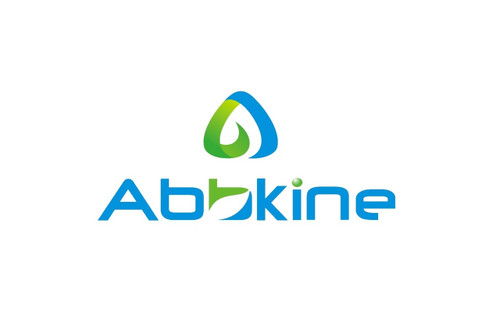Product Description
Human Transforming growth factor-beta-stimulated Protein clone-22 (TSC22) ELISA Kit | AE13176HU | Abebio
Species Reactivity: Human (Homo sapiens)
Abbreviation: TSC22D1
Alternative Name: DKFZp686O19206; MGC17597; RP11-269C23.2; TGFB1I4; TSC22; TSC22 domain family 1; isoform 2|transforming growth factor beta 1 induced transcript 4|transforming growth factor beta-stimulated protein TS
Application: ELISA
Range: 0.312-20 ng/mL
Sensitivity: 0.113 ng/mL
Intra-Assay: ≤5.8%
Inter-Assay: ≤10.8%
Recovery: 0, 89
Sample Type: Serum, Plasma, Other biological fluids
Detection Method: Sandwich
Analysis Method : Quantitive
Test Principale: This assay employs a two-site sandwich ELISA to quantitate TSC22D1 in samples. An antibody specific for TSC22D1 has been pre-coated onto a microplate. Standards and samples are pipetted into the wells and anyTSC22D1 present is bound by the immobilized antibody. After removing any unbound substances, a biotin-conjugated antibody specific for TSC22D1 is added to the wells. After washing, Streptavidin conjugated Horseradish Peroxidase (HRP) is added to the wells. Following a wash to remove any unbound avidin-enzyme reagent, a substrate solution is added to the wells and color develops in proportion to the amount of TSC22D1 bound in the initial step. The color development is stopped and the intensity of the color is measured.
Product Overview: domain family 1 is a member of a family of leucine zipper containing transcription factors with repressor activity and belongs to the large family of early response genes. TSC-22 regulates cell growth and differentiation, and cell death. Leucine zipper structure of TSC22 inhibits the anchorage independent growth of cancer cells. TSC-22 is also an important downstream component of peroxisome proliferator-activated receptor (PPAR) and TGF-beta signaling during intestinal epithelial cell differentiation. TSC22 encodes a transcription factor and belongs to the large family of early response genes.TSC22D1 forms homodimers via its conserved leucine zipper domain and heterodimerizes with TSC22D4. TSC22D1 has transcriptional repressor activity.
Stability: The stability of ELISA kit is determined by the loss rate of activity. The loss rate of this kit is less than 5% within the expiration date under appropriate storage condition. The loss rate was determined by accelerated thermal degradation test. Keep the kit at 37°C for 4 and 7 days, and compare O.D.values of the kit kept at 37°C with that of at recommended temperature. (referring from China Biological Products Standard, which was calculated by the Arrhenius equation. For ELISA kit, 4 days storage at 37°C can be considered as 6 months at 2 - 8°C, which means 7 days at 37°C equaling 12 months at 2 - 8°C) .
 Euro
Euro
 USD
USD
 British Pound
British Pound
 NULL
NULL








